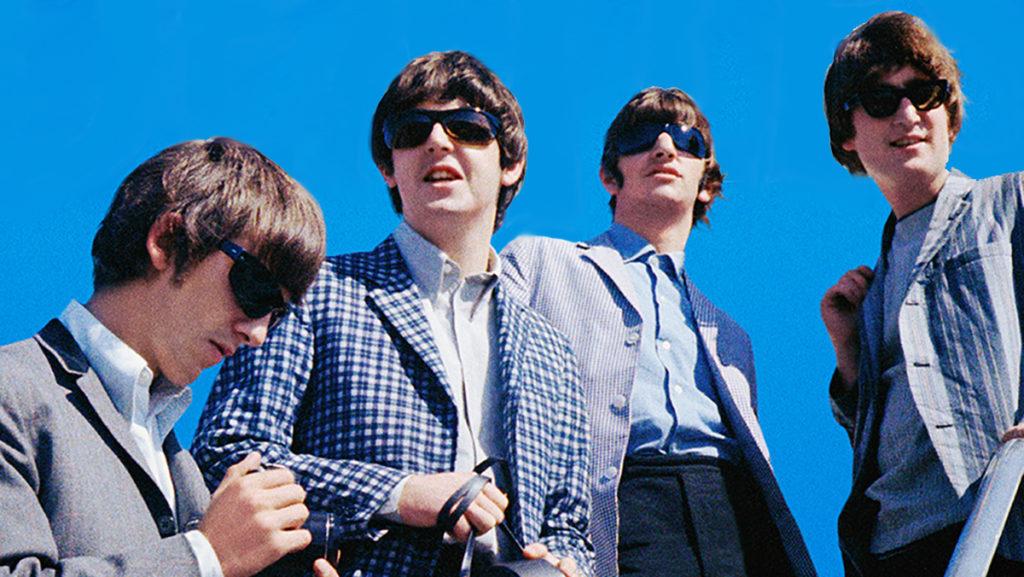Four pudding-bowl haircuts. Four pressed black suits. Four charming British smiles. The Beatles. The band that became synonymous with ’60s pop culture — a representation of love, rebellion and youth.
Ron Howard’s documentary about the Beatles’ touring years expresses the wild energy and enthusiasm of John, Paul, George and Ringo. It captures their relevance both during their heyday and today, but it also reveals something else — something unexpected. “The Beatles: Eight Days a Week — The Touring Years,” released in theaters Sept. 16, is more than a facts–and–figures documentary — it is a coming–of–age film. It is a view into the thrills and eventually frustrations of one of the most important bands of all time.
The documentary begins with a narrated description of the Beatles’ suiting up. Much like Bruce Wayne’s donning his mask, the four stars transformed into something beyond their everyday selves as they prepared for a show. They were no longer Paul McCartney, John Lennon, George Harrison and Ringo Starr — they were the Beatles. The film depicts them as a singular entity on the stage. It shows the charismatic vitality they exuded during every song and interview. The viewer can’t help but relish the excited screams of the concert audiences and feel transported to the packed stadium seats. For the first glorious half–hour, the documentary is a nostalgic thrill ride through the Beatles’ early career.
Current celebrities recount their memories of traveling to concerts or watching the Liverpool boys on TV. Archival footage of interviews and concerts is lovingly restored; the video from their stadium performances is crisp and clear. Viewers wish they could step through the screen and enter the colorful, simple time the Beatles epitomized, but the film doesn’t let this idealism persist, and that is its greatest strength.
Interspersed between performance clips are images of race riots and videos from Vietnam. The ’60s were a harsh world that the Beatles made a little bit brighter. “Eight Days a Week” conceptualizes the fun of their global adventure but also illustrates the necessity of the Beatles to the world. Interviews with historians, talk show hosts and radio personalities accentuate the crucial role the Beatles played in equalizing pop culture by providing first– and secondhand accounts of the Beatles’ progressive mindset. Viewer draw natural parallels to our current situation, to the rampant violence and racism, and it makes them ask: Who are the Beatles of today?
A similar question becomes central to the second half of the documentary: Who were the Beatles of yesterday? As the frequency of their tours increased, the identities of the band mates became further diluted. Howard’s documentary adeptly depicts four young men struggling to become individuals in a world that doesn’t see them as anything but the Beatles.
The audience is treated both to the thrills and adventures as their careers took off and the exhaustion as they performed at the height of their fame. The progression from happy-go-lucky rock stars to brooding artists is expressed so subtly that the viewer won’t realize the change until it’s complete.
It is known that after their touring years, the Beatles continued to release one acclaimed album after another, but their music bore a new outlook. “Eight Days a Week — The Touring Years” is about that journey. The incredible power of Beatle Mania. The relevance to the American Civil Rights movement. The transition from innocent boys to tired men. It is rare to see a documentary balance unrelenting praise and brutal honesty as well as “Eight Days a Week — The Touring Years” does. While people might not leave the theater grinning ear to ear at a cheery, nostalgic view of one of their favorite bands, they will certainly have gained a deeper appreciation for the men behind the magic.




















